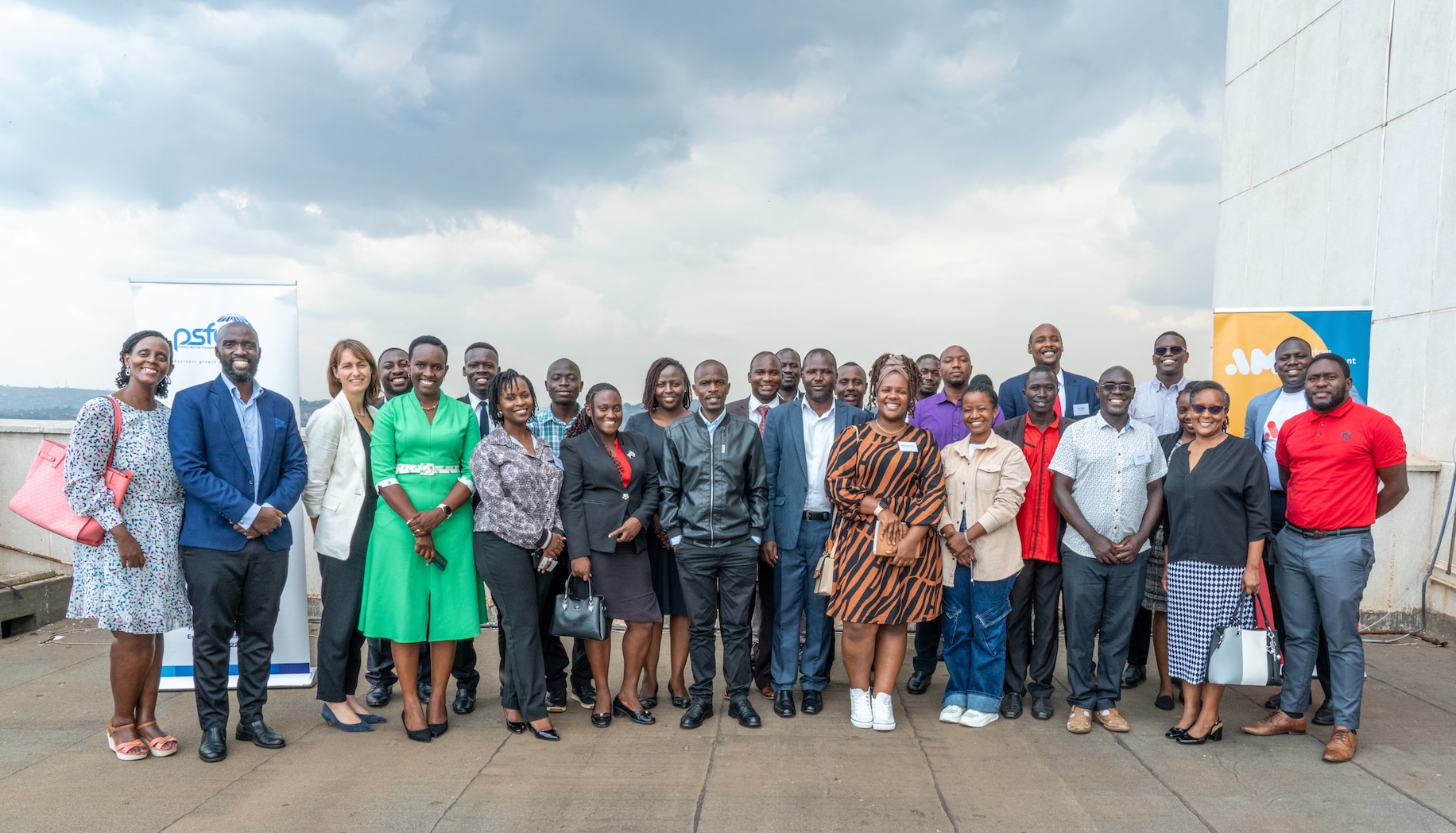The Private Sector Foundation Uganda (PSFU), in partnership with Mastercard Foundation and The African Management Institute (AMI) this week, hosted a meeting for stakeholders in Uganda’s Business Development Services (BDS)…
PSFU, Mastercard Foundation and African Management Institute move to enhance the quality of Business Development Services for MSMEs


